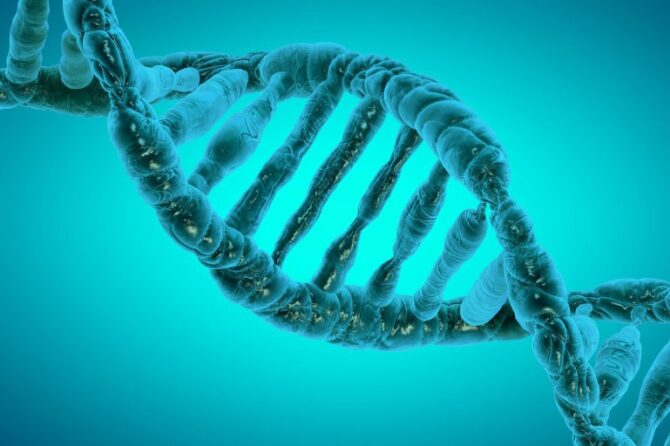
Epigenetics is a burgeoning field in molecular biology that has revolutionized our understanding of gene regulation. Unlike traditional genetics, which focuses on the DNA sequence itself, epigenetics delves into the chemical modifications that influence gene activity without altering the underlying DNA sequence. This complex layer of gene regulation is critical for many biological processes and has significant implications for health and disease.
What is Epigenetics?
Epigenetics refers to the study of heritable changes in gene expression that do not involve changes to the underlying DNA sequence. These modifications can turn genes on or off and can be passed from one generation to the next. The primary mechanisms of epigenetic regulation include DNA methylation, histone modification, and non-coding RNA molecules.
DNA Methylation: This process involves the addition of a methyl group to the DNA molecule, typically at cytosine bases in a CpG dinucleotide context. High levels of DNA methylation in gene promoter regions are generally associated with gene silencing. A landmark study by Bird (2002) highlighted that DNA methylation is crucial for normal development and cellular differentiation. Abnormal methylation patterns are linked to various diseases, including cancer (Jones & Baylin, 2007).
Histone Modification: Histones are proteins around which DNA is wrapped, forming a structure known as chromatin. Chemical modifications to histones, such as acetylation and methylation, can influence how tightly or loosely DNA is wrapped around them. This, in turn, affects gene accessibility and expression. Research by Zhang and Reinberg (2001) demonstrated that acetylation of histones is often associated with gene activation, while methylation can be associated with either activation or repression depending on the context.
Non-Coding RNA: These RNA molecules do not encode proteins but play a critical role in regulating gene expression. MicroRNAs (miRNAs) and long non-coding RNAs (lncRNAs) can modulate gene expression by binding to messenger RNAs (mRNAs) and preventing their translation or by influencing chromatin structure. Bartel (2004) showed miRNAs has elucidated their role in post-transcriptional regulation and their potential impact on various diseases.
Epigenetics and Disease
Epigenetic modifications are not just fundamental for normal cellular processes; they are also involved in a variety of diseases. For instance, cancer is a disease deeply rooted in epigenetic alterations. Tumor cells often exhibit abnormal DNA methylation patterns and histone modifications, leading to the activation of oncogenes or the silencing of tumor suppressor genes (Esteller, 2008). These changes can drive tumorigenesis and influence cancer progression and response to therapy.
Additionally, epigenetics plays a role in neurological disorders. The expression of genes involved in brain development and function can be influenced by epigenetic changes, contributing to conditions such as schizophrenia and autism spectrum disorders (Jirtle & Skinner, 2007). Research into epigenetic therapies is underway, aiming to reverse these modifications and restore normal gene function opening a path to potentially lessening the affects and even curing such illnesses.
Epigenetics and Environment
One of the most fascinating aspects of epigenetics is its interplay with environmental factors. Lifestyle, diet, stress, and exposure to toxins can all lead to epigenetic changes that affect gene expression and potentially influence disease risk. The work of Goldberg et al. (2007) has shown that environmental factors can cause epigenetic modifications that are not only immediate but may also be passed on to future generations.
Epigenetics has profoundly expanded our understanding of gene regulation and inheritance. By uncovering how gene expression is controlled beyond the genetic code, epigenetics offers new insights into development, disease, and environmental interactions. As research advances, it holds the promise of innovative therapies and personalized medicine tailored to individual epigenetic profiles. The field continues to evolve, revealing the intricate and dynamic nature of gene regulation in health and disease.
Everyday is a New Day – Reap What You Sow
—
Struggling with Anxiety, Depression, or Weight Loss?
At Herstel Health, we consider the whole person. The mind and the body. Mental Health and Metabolic Health. Improving both together creates a harmonious state where you can thrive. The human being is an amazing organism with a tremendous capacity for self-healing whether regenerative growth from injury or fighting pathogenic invasion. Much of the illness and chronic disease we experience are rooted in metabolic disfunction and mental difficulties.
Schedule a FREE consultation today: Contact Us Today

